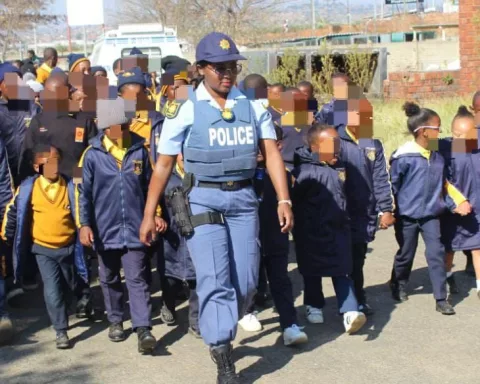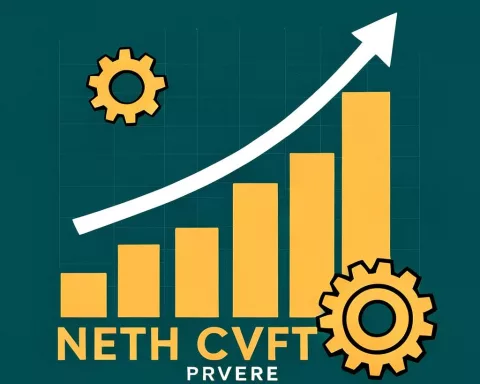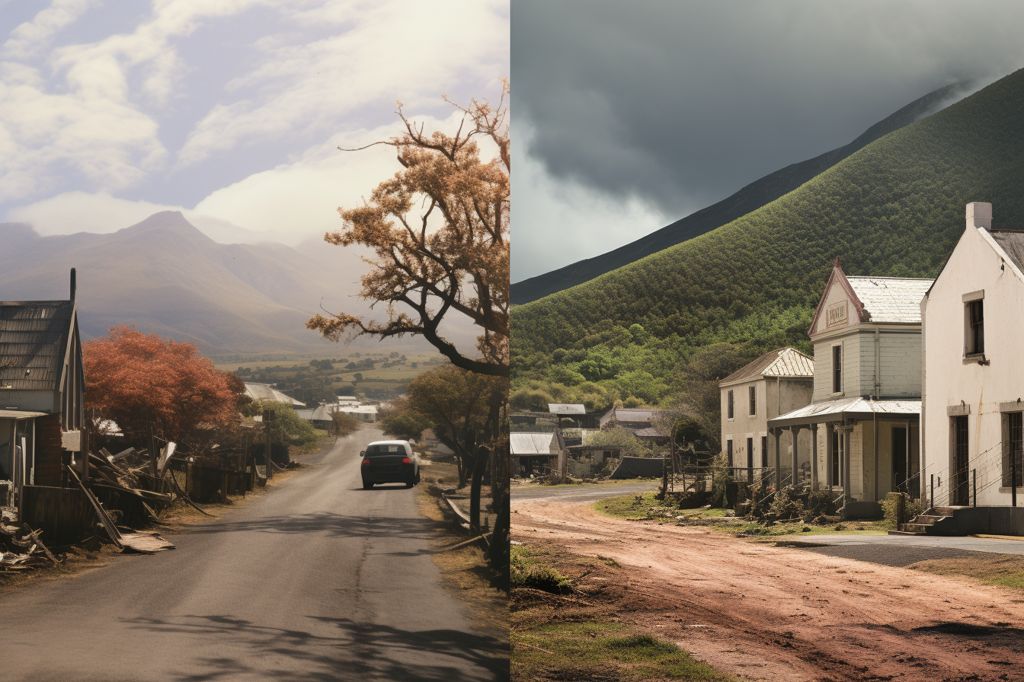Vuk’Talks is a collaborative initiative between the Government Communication and Information System (GCIS) and educational institutions in South Africa, aimed at empowering the country’s youth. The initiative offers a platform for young people to discuss critical issues like career opportunities, entrepreneurship, skills development, and training. In addition to the dialogue series, Vuk’Talks launched a podcast in June 2023, which caters to the increasing trend of mobile news consumption among South Africa’s digitally connected youth. The success of the Vuk’Talks initiative demonstrates the South African government’s commitment to ensuring that the youth are informed, engaged, and empowered.
Vuk’Talks: A Collaborative Initiative for Youth Engagement
South Africa’s ongoing growth and development have led to a greater emphasis on youth empowerment by the government. In pursuit of this objective, the Government Communication and Information System (GCIS) has partnered with educational institutions to organize the Vuk’Talks dialogue series. Vuk’Talks offers young people a platform to discuss critical topics like career opportunities, entrepreneurship, skills development, and training.
A remarkable partnership between GCIS and Sol Plaatjie University (SPU) resulted in organizing a Vuk’Talks dialogue in Kimberley, Northern Cape, on September 27, 2023. The collaboration seeks to give prominence to government programs for the youth and ensure effective communication of vital messages and opportunities.
This partnership has opened up opportunities for the government to enhance its engagement with the youth in Northern Cape Province. Speakers from various organizations, including the National Youth Development Agency (NYDA), Harambee Youth Employee Accelerator, and Small Enterprise Development Agency (SEDA), will be featured in the event.
Vuk’Talks: Expanding its Outreach through Podcasts
Vuk’Talks dialogues have taken place at various institutions, such as WestCol TVET College in Randfontein and Ehlanzeni TVET College in Mpumalanga. These events are part of the Government Exhibition Day (GED), an initiative launched in 2015 to establish a one-stop-shop for government information and services. GED fosters two-way interaction between the public and the government, aiming to improve citizens’ lives.
In addition to the dialogue series, the Vuk’Talks initiative launched a podcast on June 29, 2023. The podcast caters to the increasing trend of mobile news consumption among South Africa’s digitally connected youth. By offering audio access to Vuk’uzenzele publication’s content, the podcast serves as a vital tool for empowering South Africans through communication excellence and ensuring access to government information.
Young graduate interns at GCIS host and produce the Vuk’Talks podcast episodes. These episodes feature stories published in the Vuk’uzenzele newspaper, focusing on GCIS campaigns such as Gender-based Violence and Femicide, Economic Reconstruction and Recovery, and Safety and Security. The podcast episodes are released weekly on Thursdays at 6:00 pm on the government website (www.gov.za) and are also available on Spotify.
Fostering Opportunities for South Africa’s Youth
Vuk’Talks has played a critical role in bridging communication between the government and South African youth. Through meaningful dialogue, presentations, and exhibitions, young people can express their concerns, learn about government programs, and participate in decision-making processes impacting their future.
The multilingual nature of the Vuk’Talks dialogue further enhances its significance. GCIS publishes a 16-page tabloid-format newspaper called Vuk’uzenzele in 11 official languages, ensuring a wider reach. The primary target audience for Vuk’Talks is youth aged between 18 and 35.
By offering a platform for young people to interact with government representatives and organizations, Vuk’Talks plays a crucial role in empowering South Africa’s youth. The initiative motivates young people to be active citizens, contributing to the country’s growth and development.
The Vuk’Talks dialogue series exemplifies South Africa’s dedication to empowering its youth. As the nation continues to advance, the robust partnership between GCIS, educational institutions, and various organizations will undoubtedly play a significant role in shaping the country’s future leaders. Armed with information, engagement, and support, South Africa’s youth are well-prepared for the challenges and opportunities that lie ahead.
The success of the Vuk’Talks dialogue series and its podcast demonstrates the South African government’s commitment to ensuring that the youth are informed, engaged, and empowered. The nation’s future lies in the hands of these young individuals, and initiatives like Vuk’Talks help unlock their growth and potential. As South Africa progresses, the continued collaboration among various stakeholders will be instrumental in developing a generation of leaders that can embrace the challenges and opportunities of the future.
1. What is Vuk’Talks?
Vuk’Talks is a collaborative initiative between the Government Communication and Information System (GCIS) and educational institutions in South Africa aimed at empowering the country’s youth through dialogue on critical issues like career opportunities, entrepreneurship, skills development, and training.
2. What is the purpose of the Vuk’Talks podcast?
The Vuk’Talks podcast caters to the increasing trend of mobile news consumption among South Africa’s digitally connected youth. By offering audio access to Vuk’uzenzele publication’s content, the podcast serves as a vital tool for empowering South Africans through communication excellence and ensuring access to government information.
3. Who hosts and produces the Vuk’Talks podcast episodes?
Young graduate interns at GCIS host and produce the Vuk’Talks podcast episodes. These episodes feature stories published in the Vuk’uzenzele newspaper, focusing on GCIS campaigns such as Gender-based Violence and Femicide, Economic Reconstruction and Recovery, and Safety and Security.
4. Who is the primary target audience for Vuk’Talks?
The primary target audience for Vuk’Talks is youth aged between 18 and 35.
5. What is the significance of the multilingual nature of Vuk’Talks dialogue?
The multilingual nature of the Vuk’Talks dialogue enhances its significance. GCIS publishes a 16-page tabloid-format newspaper called Vuk’uzenzele in 11 official languages, ensuring a wider reach and empowering more young South Africans through meaningful dialogue, presentations, and exhibitions.












